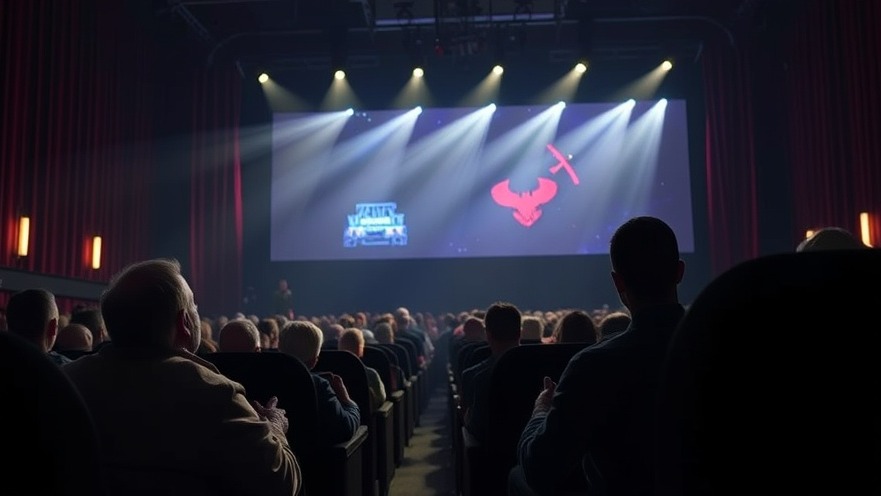
2025 Summer Box Office: A Mixed Bag of Nostalgia
The summer of 2025 has drawn to a close, marking another chapter in the ever-evolving landscape of cinema. This year's box office, totaling approximately $3.53 billion, just etched past 2024's $3.52 billion, but it largely fell short of expectations. With big-budget attempts by Marvel and DC to resurge, alongside a slew of nostalgic revivals, the outcomes have been a blend of successes and stark disappointments.
Nostalgia Reigns Supreme
This season was distinctly flavored by a wave of nostalgia that harkens back to the 2000s. In a cinematic landscape where remakes and franchises seem to dominate, films that evoked cherished memories played a pivotal role. Notably, the live-action remake of Lilo & Stitch stood out, grossing over $1 billion and solidifying itself as the summer's blockbuster. Its success can be attributed not just to the original film's charm but also the pull of parents sharing past favorites with their children, creating a nostalgic loop.
The Comeback of Franchises
This summer wasn't just about the tepid excitement for sequels; it saw the sixth installment of the Final Destination franchise performing remarkably, outpacing its predecessors and setting a new benchmark for the series. Similarly, Danny Boyle's revisit to the world of 28 Days Later also drew solid crowds, reinforcing the market's appetite for stories that are both familiar and thrilling.
There was, however, a juxtaposition of failures against these successes. Sony's optimistic effort to kickstart the Karate Kid franchise yielded disappointing results at the box office, generating a mere fraction of the revenues from the 2010 reboot, illustrating the potential pitfalls of relying on outdated nostalgia.
The Limitations of Cultural Nostalgia
While nostalgia proved commercially successful for some, it also highlighted the industry's risks. Despite its popularity, not all revivals hit the mark; Sony's I Know What You Did Last Summer reel had lukewarm box office returns, earning only $64 million compared to expectations. This serves as a reminder that audiences can only absorb so much nostalgia before demanding new, innovative stories rather than mere remakes.
Family-Friendly Content: Trends and Takeaways
This summer saw a surprising plethora of family-oriented films, illustrating a potential shift in audience preferences. The widespread appeal of remakes signified a singular truth: families are returning to theaters in droves to experience nostalgia-driven content together. However, this trend is correlated with a need for these films to provide fresh narratives—even within familiar frameworks—to captivate younger viewers. Paw Patrol's success emphasizes how creating relatable content for families works, highlighting the importance of understanding generational gaps in storytelling.
Looking Ahead: Predictions for Future Trends
As we gaze into the future of cinema post-2025, the question remains: will the genre of nostalgia run dry? The influx of sequels and remakes demonstrates a potential volatility for studios looking to replicate past successes. As subsequent summers approach, a strategic pivot toward more original content that resonates with evolving audience tastes may be essential for longevity in box office dynamics.
This Summer’s Key Lessons for the Film Industry
This summer taught the film industry valuable lessons about audience engagement. The merging of nostalgia with creativity can be a potent cocktail for success, yet it is vital to strike the right balance. For studios, the challenge now rests not only in harnessing nostalgic elements but also in innovating fresh narratives that can captivate diverse audiences, ensuring a thriving future amid changing cinematic landscapes.
 Add Row
Add Row  Add
Add 




Write A Comment